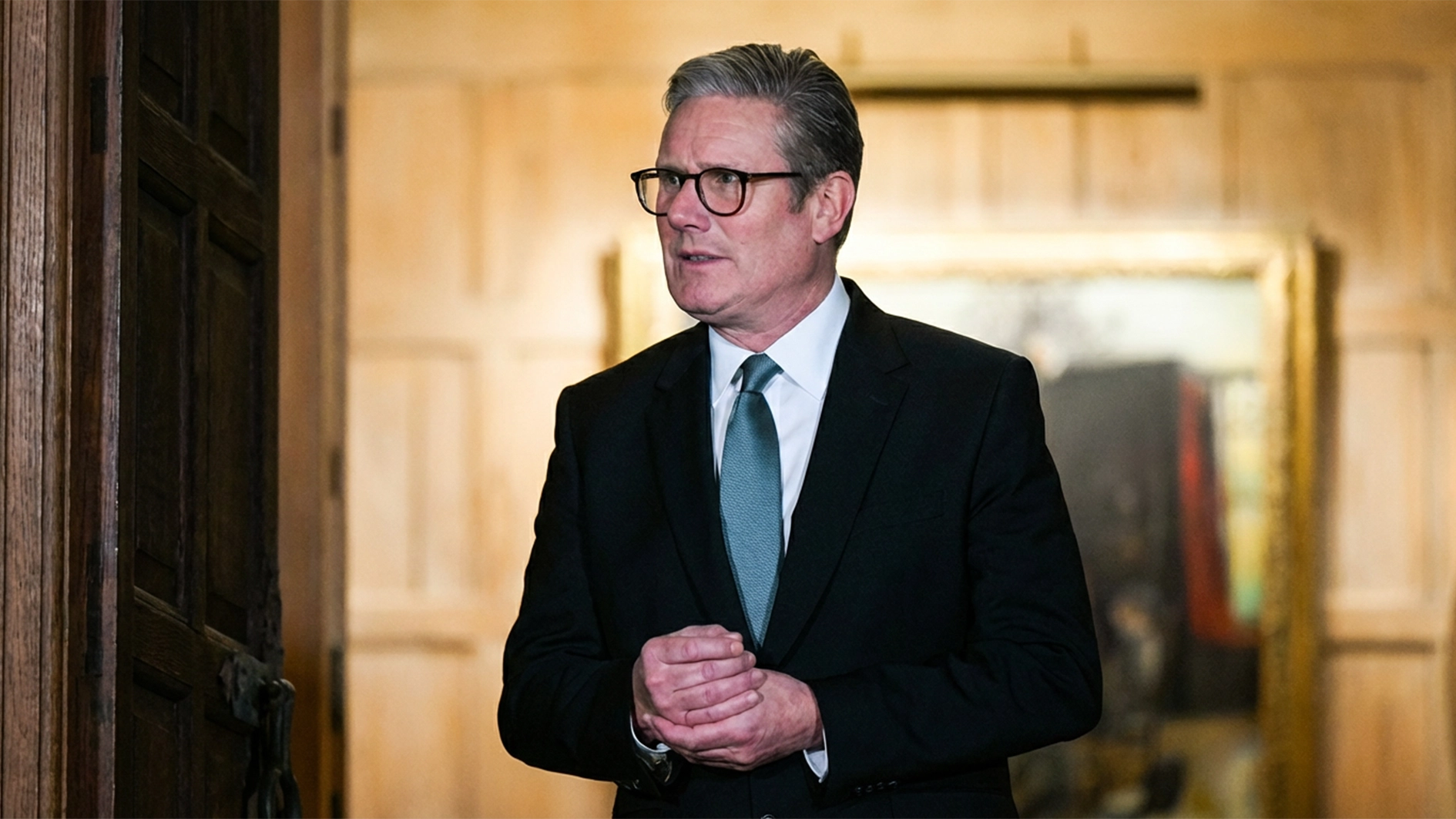
Germany’s consumers remained pessimistic headed into March, a key survey showed Thursday, after national elections paved the way for a change of government in Europe’s largest economy.
The forward-looking indicator, published by pollsters GfK and the Nuremberg Institute for Market Decisions (NIM), fell to minus 24.7 points, down 2.1 points on the previous month.
The regular survey of around 2,000 people showed that confidence had been “stagnating at a low level” since the middle of 2024, NIM consumer expert Rolf Buerkl said.
“The current figures show no signs of a recovery in consumer sentiment in Germany,” Buerkl said.
Households were still experiencing major uncertainty and “there is a lack of planning security”, he said.
The quick formation of a new government after national elections on Sunday could help turn the situation around, he said.
Friedrich Merz, the leader of the conservative CDU, looks likely to be the next chancellor after his party topped the polls, but will need to negotiate a coalition before he can take office.
Current Chancellor Olaf Scholz saw his political career come to a likely end with the vote as his Social Democrats slumped to their worst-ever result.
The collapse of Scholz’s coalition in November meant Germany headed into 2025 without a new budget, leaving some government spending programmes hanging in the balance.
The “rapid adoption of the budget for this year would lead to more planning security for both companies and private households”, Buerkl said.
A clear fiscal plan would provide consumers with the conditions they needed to “be more willing to spend money again”.
The mood among consumers has not been helped by Germany’s sluggish economic performance.
The traditional eurozone powerhouse shrank by 0.2 percent in 2024, the second straight year its economy has been in recession.
The burden of higher energy costs after a wave of inflation has weighed on businesses in the country’s crucial manufacturing sector, as well as on households.
A third-straight recession year could not be “ruled out”, the head of the German central bank Joachim Nagel said Tuesday.






